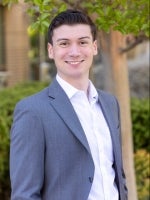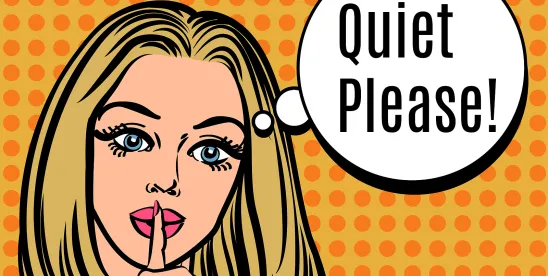Many lawsuits in the past few months have claimed violations of 47 C.F.R. § 64.1200(c)(1) and 47 U.S.C. § 227(c)(2) (the “Quiet Hours Provision”) of the TCPA. Previously, the Quiet Hours Provision saw very few filings, meaning there is currently very little case law interpreting this area of law. On March 28, 2025, the District of New Jersey denied a motion to dismiss a Quiet Hours Provision claim—and potentially gave a preview of how the cases will be adjudicated in a practical manner.
In Jubb v. CHW Group Inc., No. 23CV23382 (EP) (MAH), 2025 WL 942961 (D.N.J. Mar. 28, 2025), the court denied a motion to dismiss which argued that the Quiet Hours Provision claim was duplicative of the plaintiff’s Do Not Call (“DNC”) claim. Id. at *7. The defendant in Jubb argued that the Quiet Hours Provision claim should be dismissed as duplicative of the DNC claim, because both claims arise from 47 U.S.C. § 227(c).
There is no doubt that both claims arise out of Section 227(c). Section 227(c)(5) of the TCPA is where we see a lot of claims—this is the DNC provision. The DNC provision provides that, when an individual whose phone number has been registered on the national DNC registry for more than thirty days receives more than one telephone solicitations in a twelve-month period, that individual has a private right of action. See 47 U.S.C. § 227(c)(5). Section 227(c)(2), on the other hand, implements additional regulations, including the Quiet Hours Provision, which provides the same private right of action for telephone solicitations made either before 8 a.m. or after 9 p.m., in the recipient’s local time. See 47 U.S.C. § 227(c)(2); C.F.R. § 64.1200(c)(1).
Ultimately, there is no doubt that post-trial recovery is limited to one violation of Section 227(c) per call, a point which neither party contested. Jubb, 2025 WL 942961, at *6. However, post-trial recovery is not the issue on a motion to dismiss. The Jubb court found that a plaintiff may plead multiple claims in the alternative—then limit recovery at the time of trial. See id.
Pleading alternative claims under Section 227(c) allows a plaintiff to seek certification of two different types of classes, either in the alternative or as part of a subclass, presenting a greater risk of liability for defendants. These alternative claims have always been permitted, even under Section 227(c), for instance with internal DNC list violations and external DNC violations. The Quiet Hours Provision now offers a new option for plaintiffs.
In a silver lining here for defendants, the court seemed to take heed of a recent petition made to the Federal Communications Commission. The Petition for Declaratory Ruling and/or Waiver of the Ecommerce Innovation Alliance and Other Petitioners, CG Docket Nos. 02-278, 21-402 (filed Mar. 3, 2025) seeks a declaratory ruling that the time zone of the recipient’s area code—rather than the recipient’s actual location—should be used to determine which time zone is the “recipient’s local time” under the Quiet Hours Provision.
The Jubb court did not directly cite the petition. However, the court did note that the Plaintiff had an area code that corresponded with the pacific time zone. Jubb, 2025 WL 942961, at *2. This is a much more practical and workable way to determine the recipient’s local time than looking to the recipient’s actual location.
Currently, the language of the Quiet Hours Provision requires a telemarketer to restrict telephone solicitations to between 8 a.m. and 9 p.m., based on “local time at the called party’s location.” C.F.R. § 64.1200(c)(1). Realistically, there is no way for a telemarketer to know the precise location of the individuals they contact. Even if a telemarketer knows and actively monitors the current physical address of their leads, the recipient could be on vacation or an extended business trip in Taiwan, changing the hours of the recipient’s local time. Using the recipient’s area code rather than their actual, physical location makes the most sense—but there is an argument that this reading is not directly supported by the plain language of the Quiet Hours Provision.
Even if the FCC petition is unsuccessful, the Jubb ruling provides some support for arguing that a recipient’s area code determines the recipient’s time zone, making the Quiet Hours Provision more workable from a compliance perspective.
We have seen many cases around the Quiet Hours Provision and have seen many voluntary dismissals of those same cases since then, likely from settlements. As case law begins to come out in this area, there are sure to be more updates to follow.




 />i
/>i

